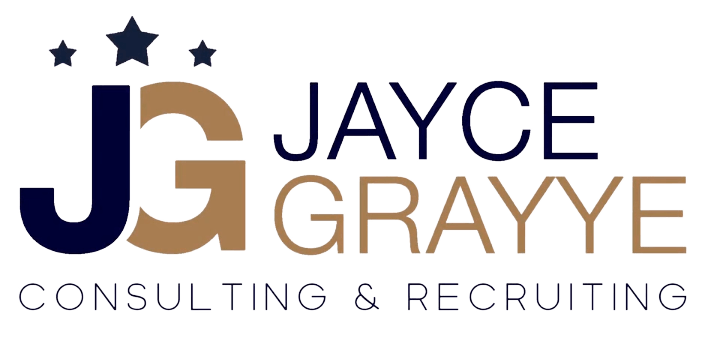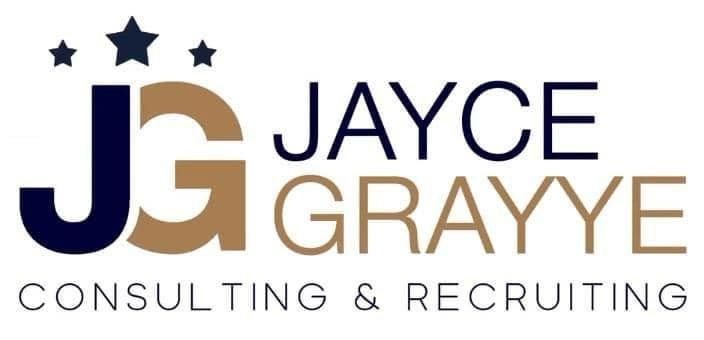How To Turn Your Interview Questions For Marketing Executives From Zero To Hero

Your recruitment process is no longer as simple as skimming through resumes, interviewing the top applicants and following up with references. Why? For many reasons such as the hiring pool has expanded, candidates are seeking flexible conditions or remote work, as well additional factors like the advent of technology which in fact, work in your favor.
Preliminary steps: consider modifying your hiring process
hanks to technological advances, you can delve deeper into a candidate’s application with access to their wider portfolio right at your fingertips with social media (Linkedin, Twitter and Instagram spring to mind) and other platforms such as their personal website. Not only do these offer you a preview of a candidate’s behavioral traits (which is difficult to perceive from a formal resume), but it’s an opportunity for candidates to share more of their most up to date work. Whatsmore, marketing heavily depends on these digital mediums today, therefore candidates should be displaying a certain level of flair with these in order to work effectively within the current landscape – particularly those applying for executive roles and above.
Of course we would expect nothing short of strong writing skills from a marketing executive, therefore the good old-fashioned CV should definitely not be disregarded. However, additional factors really ought to be considered in your interview process. Sure you can hire in the steadfast, traditional way, but resumes are becoming more and more obsolete while these digital mediums advance and the savviest of marketers are using them.
Preliminary steps: get clear on the skills you’re looking for
So you and your employment agency near you have vetted the resume, you’ve fact-checked their Linkedin and other social media platforms, and you’ve called them in for a first interview. What’s next?
With the ever-changing marketing landscape, your interview questions and ideal answers are inevitably going to change. We generally want to get to know the candidate, listening to their answers in order to confirm they are who they say they are, as well as ensuring their experience matches what they put on their resume. Since the title of “Marketing Executive” can mean different things across different organizations, our questions to the interviewee need to get us to answers which confirm we’re both on the same page. An executive role might mean running campaigns and tracking metrics independently from other employees, while an executive role elsewhere might be a junior position where the candidate is expected to merely assist on projects. It’s therefore crucial we thoroughly prepare and consider the relevant questions before posing them to the candidate.
Before matching up your questions for the interview, here are some helpful tips ahead of setting your questions:
- Get clear on the position you’re hiring for
- Get clear on the skills you want to pinpoint in a candidate (hard skills: i.e those that are directly applicable to the role, behavioral skills: the social skills that determine how a person interacts and responds to situations, and soft skills: personality traits and general cognitive attributes)
- Place these in order of priority and map your questions to each skill

Now what questions to ask?
Types of questions:
Whilst we don’t want to be too rigid with our questions (especially since we want to see how the candidate naturally communicates!) it’s beneficial to structure the interview in a way that covers enough ground. This way we properly get to know the candidate, ensuring they align with your company culture and in turn preventing a high turnover of employees.
- Verification questions: these are your gate-keeping questions to confirm your candidate is clear on what they have applied for, as well as ensuring their response aligns with what they put on their application. No porkie pies here!
Example: “What made you apply for this job?”.
- Opinion questions: these are essentially questions where you can pick up on a candidate’s personality and make them feel comfortable. They are also particularly useful for gauging if the interviewee will fit in with your company culture.
Example: “Which social media trends are you following at the moment?”.
- Case questions: by giving the candidate a situation to consider, you are assessing their thought-processing skills rather than concrete answers. Consider that you may well have an excellent Marketing Executive in front of you, someone that thrives in a natural working environment but maybe they recoil in sterile situations like an interview. Depending on the seniority of the position you’re hiring for, consider offering pointers or guidance to get them on the right track (as you would if they end up working for you!).
Example: “Imagine we’re about to launch a new product in 3 months. How would you organize the successful launch with a budget of $X, including media spend?”.
- Behavioral questions: we’re listening out for how the candidate deals with situations which are likely to come up in the workplace, such as internal conflicts. We’re trying to hone in on problem-solving skills here.
Example: “Describe a time where the operations or strategy you implemented didn’t go to plan”.
- Competency questions: these aren’t too dissimilar from behavioral or case questions. Essentially we are assessing the skills which are directly applicable to the role of a Marketing Executive at your firm.
Example: “You are given a failing project, how do you begin to approach this?”.

Our top 5 questions for Marketing Executive’s (of all levels):
- “What’s your understanding of our target audience and how can you bring us closer to them?”.
Why ask? An understanding of your customers’ needs is non-negotiable for any Marketing Executive. Realistically, you only want to be hiring someone that has taken the time to thoroughly research your brand and familiarize themselves with your audience. If they don’t understand the audience, how can they deliver to your customers’ needs? Curiosity and empathy are great traits to see in a candidate here. If they can speak your customers’ language, they can deliver their needs effectively!
Tips? Listen for evidence of researching the company beyond the website (blogs, press, what people are saying on social media) and ways of getting into the minds of your customer.
2. “Tell me about a time where you’ve worked with lots of creatives and had to steer the project back on track?”.
Why ask? This is a really good way to see a candidate’s team-working skills. Marketeers should be collaborative while having the confidence to balance objectives and meet project deadlines. We get it, people won’t always agree – so an Executive should also be good at making difficult decisions. Their priority should always be the project, whilst ensuring their team-mates feel heard and never undermined.
Tips? This question encapsulates all the three skill types previously mentioned, so listen carefully for a balance of these traits.
3. What do you think the relationship between marketing and sales is? How do you work with your Sales Director to balance each of your needs?
Why ask? When you boil it down, marketing is responsible for developing strategy and salespeople are responsible for implementing that strategy. There’s really no right or wrong answer here, but it’s important for the candidate to acknowledge the balancing act of the two. By collaborating with the sales team, the two can create a strategy which seamlessly takes the customer through the entire buying cycle (from awareness, right down to the final sale).
Tips? The candidate should demonstrate an understanding of the duties that come with both, mentioning metrics and demonstrating how they will introduce content in different points in the marketing and sales funnel, turning strangers into customers.
4.What do you think your last mentor would say about you?
Why ask? Employees can feel closer to their mentors than their managers because of the less formal dynamic between the two. It can be beneficial to use the lens of another person such as a mentor to shine a light on strengths, motivations, and passions that initially weren’t obvious to the others that see the candidate in a more critical light.
5. What is something I would be surprised to learn about you?
Why ask? Diversity in the workplace inspires creativity and leads to more productive teams, so think about how your candidate’s uniqueness will contribute to the existing ecosystem. It also allows a candidate to shed light on what excites them and makes them unique. It’s likely your candidates will have similar practical skills, but they won’t all share the same interests and values outside of the workplace!
Tips? If the candidate is stuck, prompt them to talk about hobbies or memorable experiences they’ve had.
Final thoughts
As the interviewer, be flexible on time and answers. Allow the conversation to flow with your candidate so they can really share their authentic self, all while keeping your non-negotiable skills in mind.
Finally, don’t forget to ask your candidate if they have any questions for you. The job role is a two way street and the interview is an opportunity for you to see if you can work well together! If the candidate doesn’t have anything to ask at the moment, then invite them to send over questions over email shortly after the interview. A candidate that poses a question to you is demonstrating their critical thinking and their drive to find a position which benefits both parties.
Any questions? Don’t hesitate to get in touch with us or take a look at our blog section to read more of our insights!






